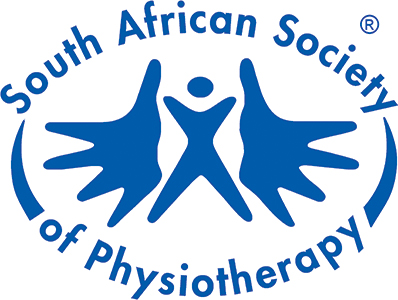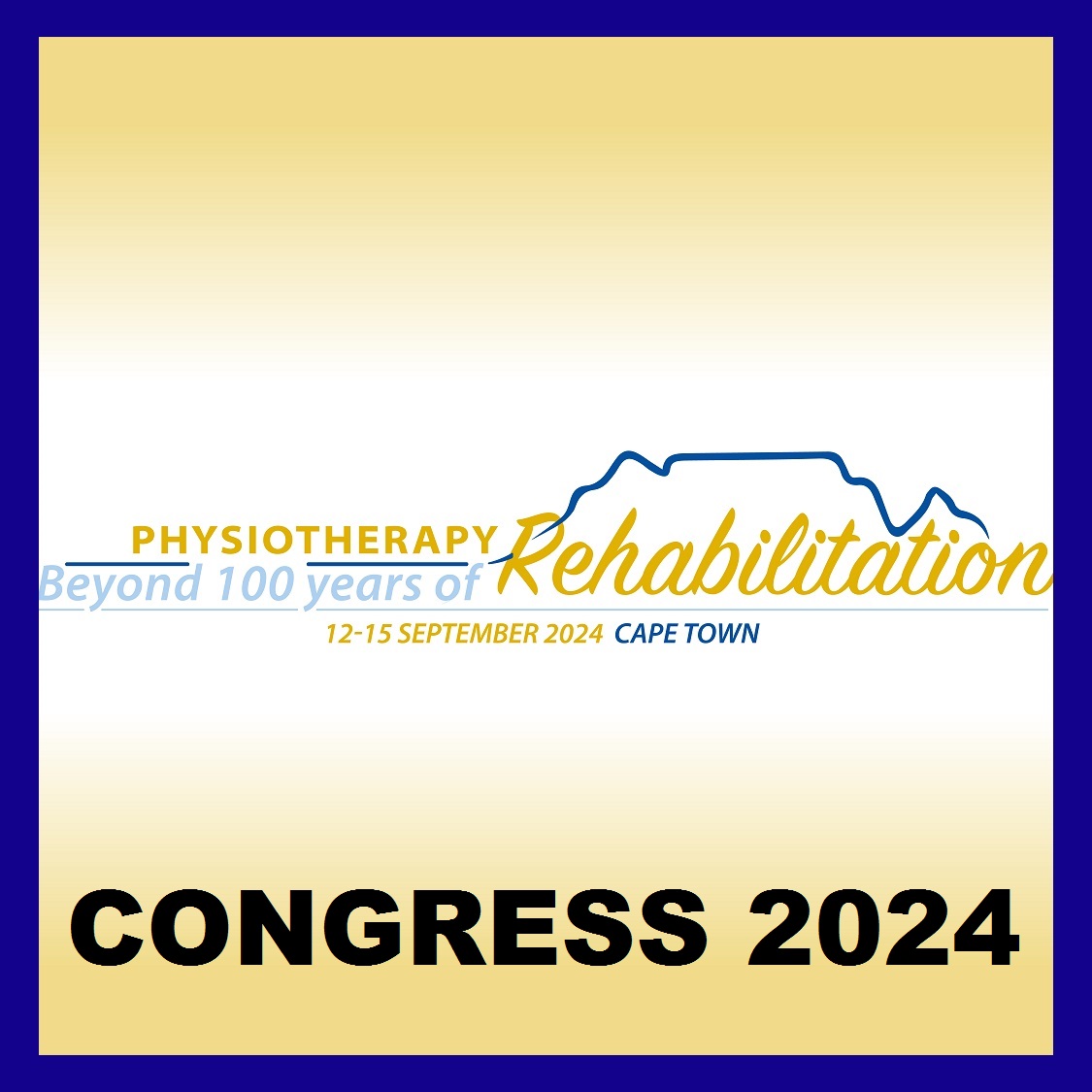Physiotherapists want you to feel good!
That feeling you get when you exercise – that positive, optimistic mood that affects even the regular walker – is real.
“There’s a great deal of published research that demonstrates that exercise does, indeed, make you feel good,” says Dr Ina Diener, President of the South African Society of Physiotherapy (SASP). “Recently, a group of scientists in the USA found proof of the existence of an exercise hormone called irisin in humans, which has many positive health effects, including a ‘feel-good’ impact.”1
Irisin, a recent discovery, shoots up after exercise and appears to have a number of other physiological benefits.
Additional very persuasive research published recently shows that busy mothers, who you would think would need sleep above all else, actually do better when they exercise! “While both sleep and exercise helped improve the mothers’ daily moods, exercise was more beneficial than sleep was. These findings offer further support for the benefits of exercise on individuals’ mood.”2
This is one reason why the theme of this year’s National Physiotherapy BackWeek is Movement for Good Health – Exercise! “Whether you have a physical or a psychological condition, the best thing you can do is to get moving,” says Dr Diener. “Even just adding some extra movement to your day – walking around while talking on the phone, for example, and taking the stairs instead of the lift – will pay off in many ways, from improved mood to better heart health to better blood sugar control.”
Best option of all is to do at least some of your exercise in a natural setting like your garden or a park, or even a tree-lined street. “The evidence indicates that nature can make positive contributions to our health, help us recover from pre-existing stresses or problems, have an ‘immunising’ effect by protecting us from future stresses, and help us to concentrate and think more clearly.”3
You don’t have to run marathons or lift weights to benefit: “We urge people to get 150 minutes a week – that’s half an hour a day five days a week – and it can be just a brisk walk, anything that gets the body up off the chair and moving,” says Dr Diener. If you are planning to embark on vigorous exercise, however, do take advantage of National Physiotherapy BackWeek, from 7-11 September 2015, to check that your musculoskeletal system is up to the challenge – many physiotherapists around the country will be making themselves available for questions and free check-ups in public places such as shopping malls. Contact the SASP Head Office to find out more: 011 615-3170.
http://www.iflscience.com/health-and-medicine/verdict-feel-good-exercise-hormone-irisin-real
http://www.greenexercise.org/pdf/JEPM%20-%20CRN%20Study.pdf
Back






